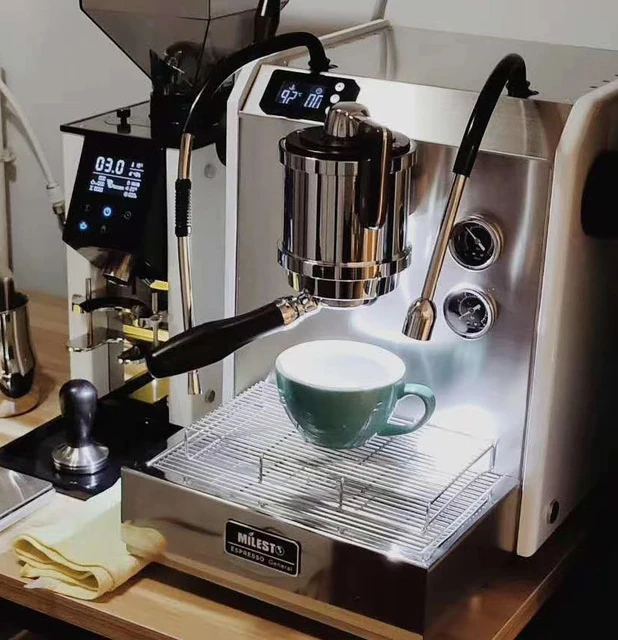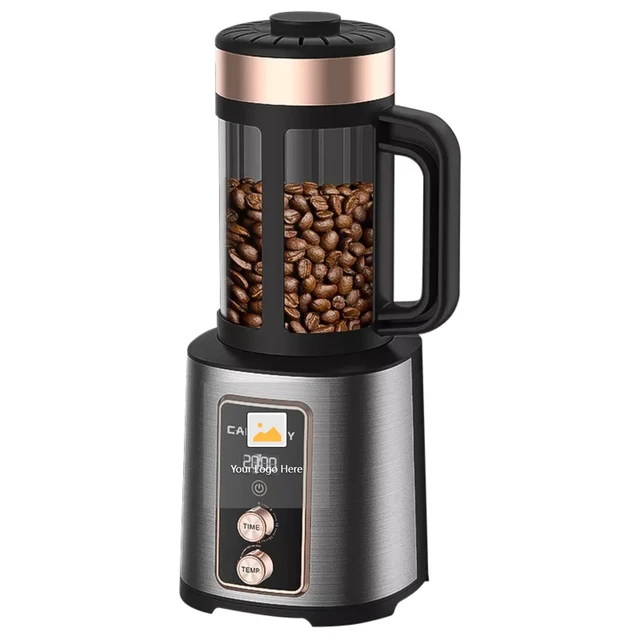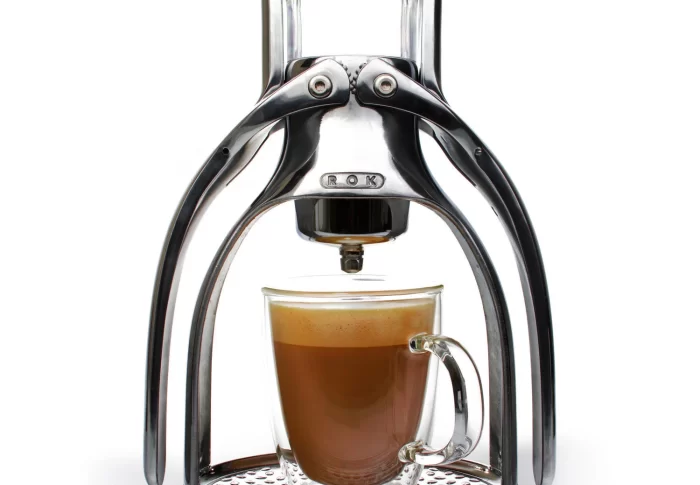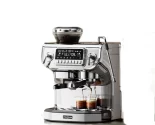
How does the taste of Nespresso compare to traditional espresso?
Introduction:
When it comes to coffee, taste plays a crucial role in determining our preferences. Nespresso, a popular brand of coffee capsules and machines, has gained significant popularity in recent years. However, many coffee enthusiasts wonder how the taste of Nespresso compares to traditional espresso. In this article, we will explore the nuances of taste between Nespresso and traditional espresso, considering factors such as flavor, aroma, body, and crema.

How does the taste of Nespresso compare to traditional espresso?
Flavor:
Nespresso:
Nespresso offers a wide range of flavors, with different coffee capsule varieties available.
The flavor profiles of Nespresso capsules are carefully crafted, aiming to provide a consistent taste experience.
Some common Nespresso flavors include intense, balanced, fruity, and roasted notes.
However, the flavor of Nespresso can be subjective and may not match the complexity and depth found in traditional espresso.
Traditional Espresso:
Traditional espresso, when brewed properly, can offer a more intricate and nuanced flavor profile.
The flavor of espresso is determined by factors such as the coffee beans used, the roast level, and the brewing technique.
Espresso often exhibits a bolder and fuller flavor, with hints of chocolate, caramel, fruit, or floral notes.
The ability to adjust variables like grind size, water temperature, and extraction time allows baristas to tailor the flavor to their preference.
Aroma:
Nespresso:
Nespresso capsules generally provide a pleasant and inviting aroma when brewed.
The aroma can vary based on the specific flavor of the capsule, offering a sensory experience before taking the first sip.
However, the aroma of Nespresso may not be as pronounced or complex as that of traditional espresso due to the limitations of the capsule format.
Traditional Espresso:
The aroma of traditional espresso is often intense and alluring.
It fills the room with rich coffee scents, enticing the senses.
The aroma can vary based on the coffee bean origin, roast level, and freshness.
The ability to grind coffee beans just before brewing enhances the aroma and results in a more fragrant espresso.
Body:
Nespresso:
Nespresso coffee typically has a medium to full body, depending on the specific capsule used.
The body refers to the weight and texture of the coffee on the palate.
Nespresso capsules are designed to provide a satisfying and smooth mouthfeel.
However, the body of Nespresso coffee may not be as robust and velvety as that of traditional espresso.
Traditional Espresso:
Traditional espresso often boasts a full-bodied texture, creating a rich and creamy mouthfeel.
The brewing method and extraction process of traditional espresso contribute to its luxurious body.
The oils and solids extracted from the coffee grounds during brewing enhance the viscosity and add to the overall mouthfeel.
Crema:
Nespresso:
Nespresso machines are known for producing a thick and creamy layer of crema on top of the coffee.
The crema is formed by the emulsion of oils and gases during the high-pressure extraction process.
Nespresso capsules are designed to consistently produce a desirable crema layer, adding visual appeal to the coffee.
However, the crema of Nespresso coffee may not be as rich and long-lasting as that of traditional espresso due to the limitations of the capsule system.
Traditional Espresso:
Traditional espresso is renowned for its velvety and long-lasting crema layer.
The crema is an important aspect of espresso, contributing to its taste, aroma, and overall presentation.
The presence of a thick and persistent crema is often considered a sign of a well-brewed espresso.
The ability to control variables like grind size, tamping pressure, and extraction time allows baristas to produce a beautiful and flavorful crema.
Conclusion:
While Nespresso offers convenience and a wide range of flavors, the taste of traditional espresso generally surpasses Nespresso in terms of complexity and depth. Traditional espresso offers a more intricate flavor profile, intense aroma, full-bodied texture, and a luxurious crema layer. However, taste preferences can vary among individuals, and some may find Nespresso to be a suitable alternative for quick and consistent coffee. Ultimately, the choice between Nespresso and traditional espresso depends on personal preferences, the importance placed on taste nuances, and the desire for convenience versus a more hands-on brewing experience.






